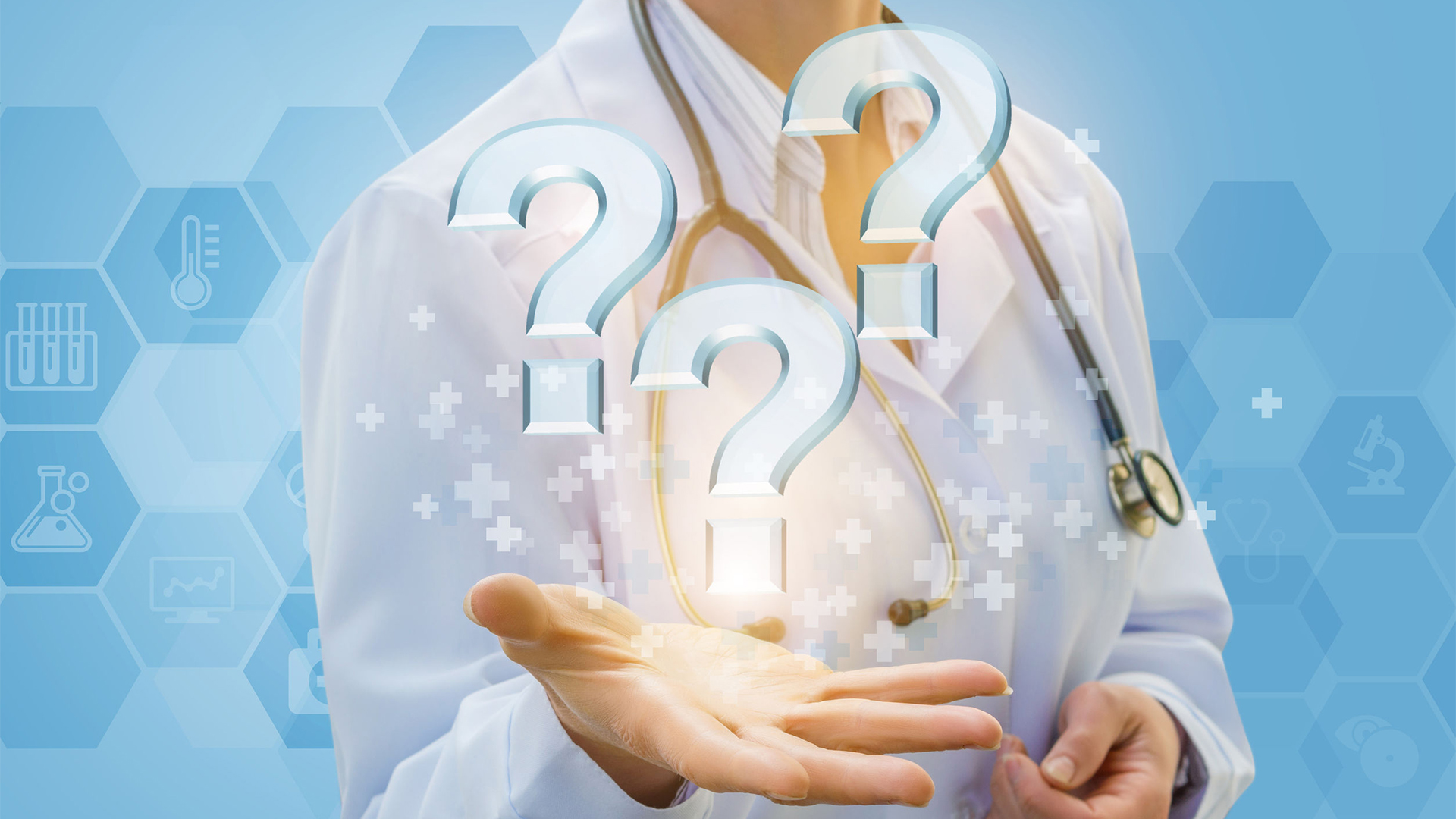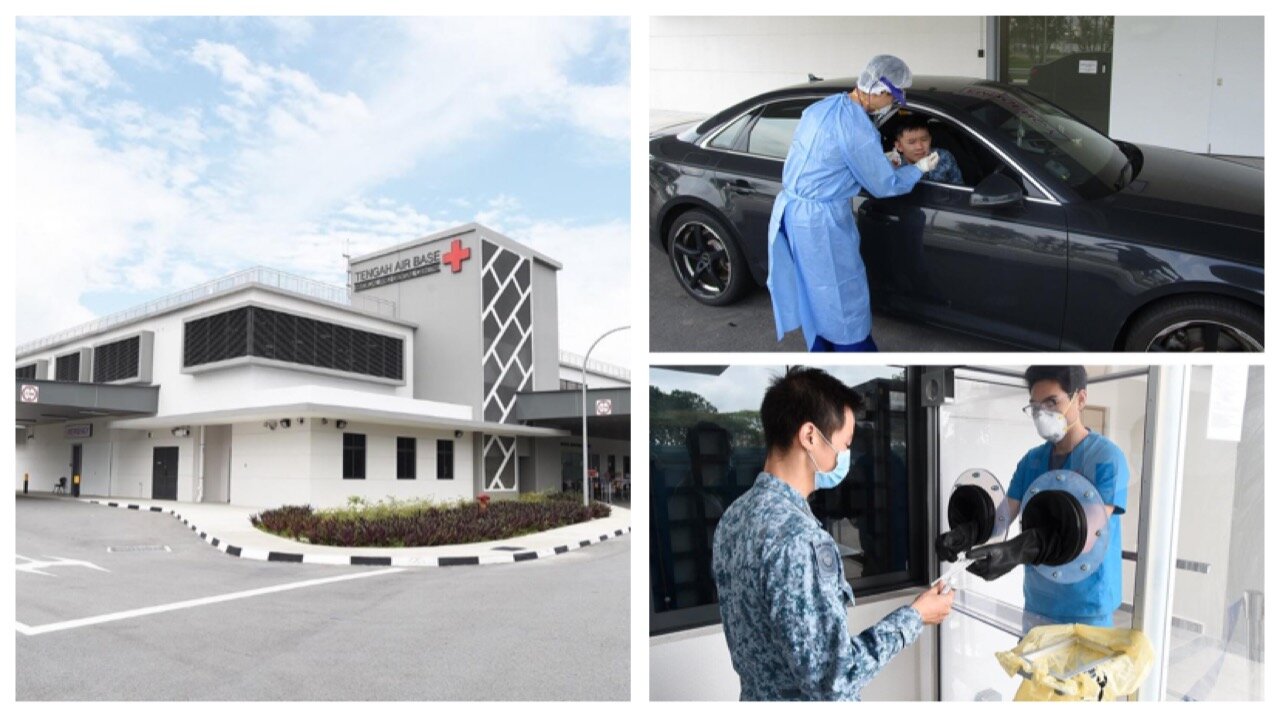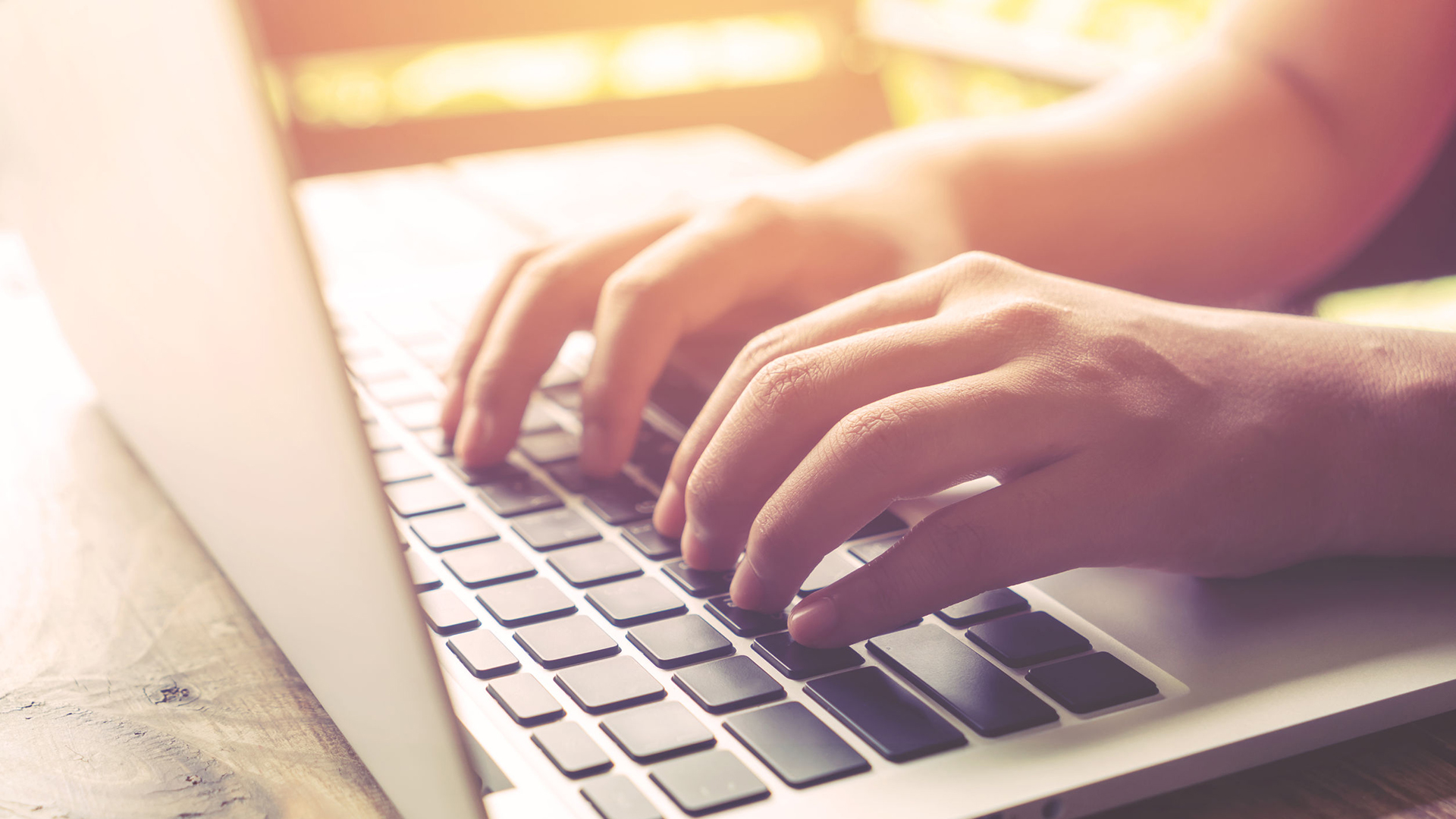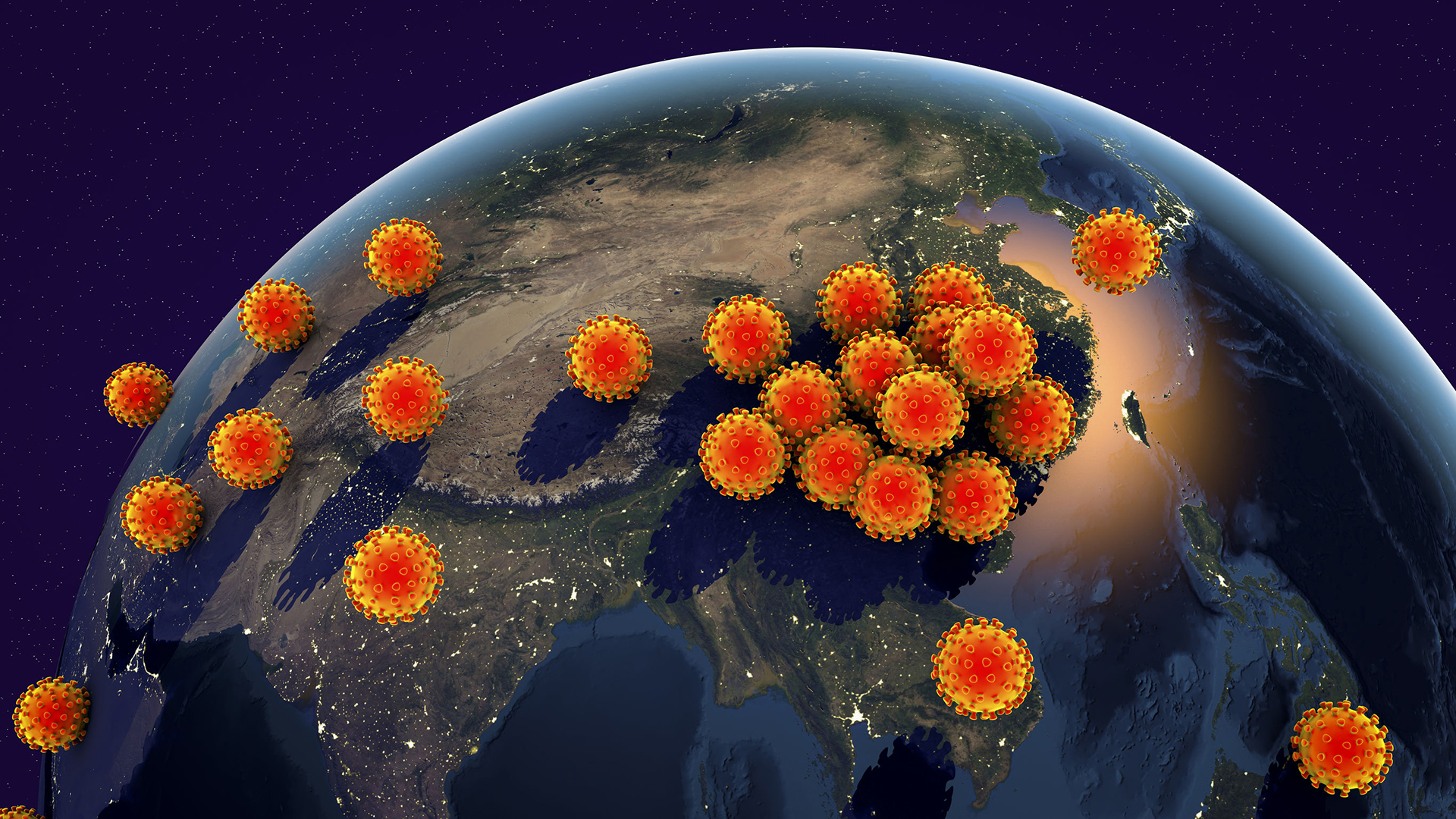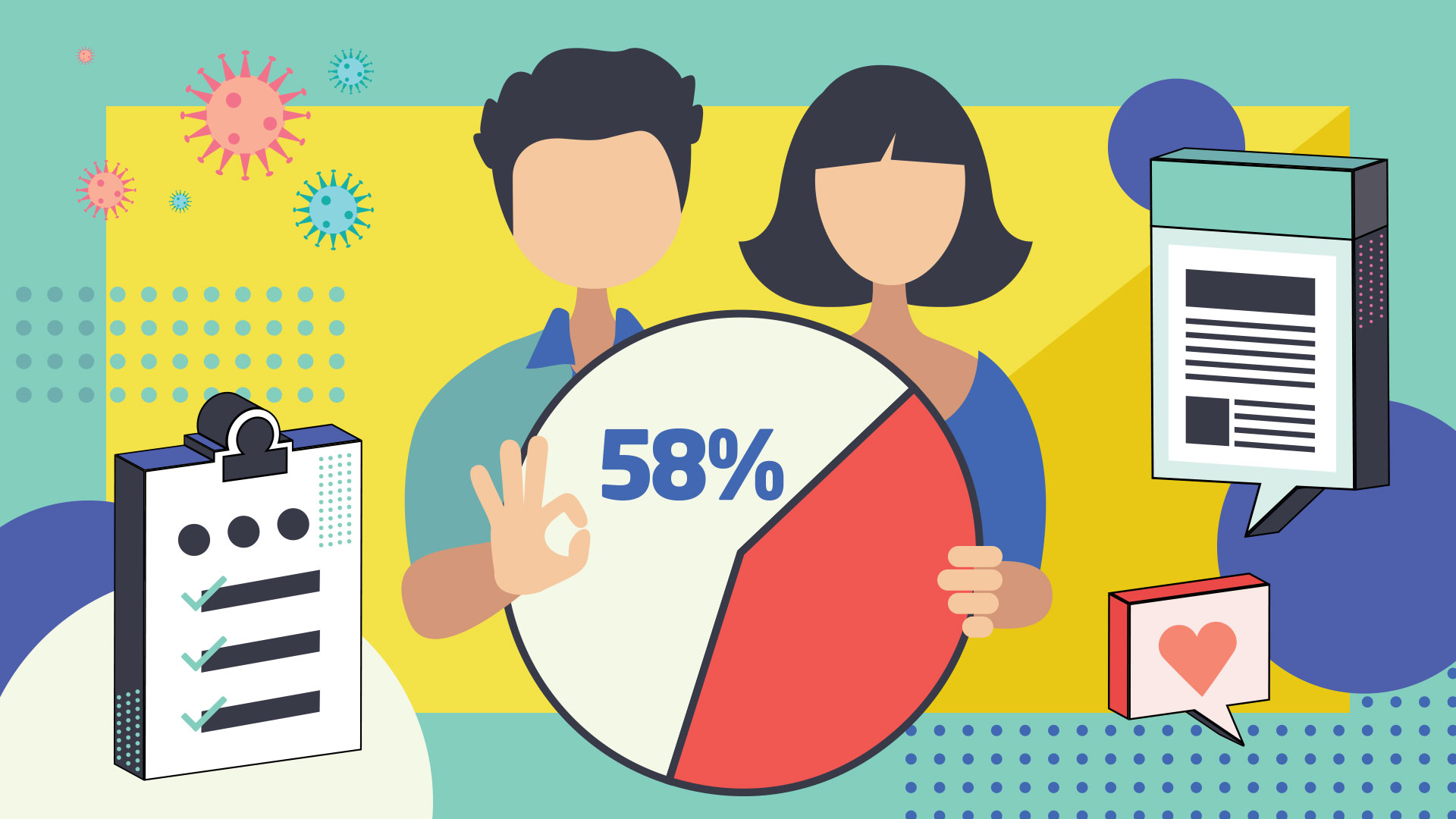FAQs About The Wuhan Coronavirus Situation Answered
To quell your fears about the current disease situation, here are some frequently asked questions about the Wuhan coronavirus situation answered by the Ministry of Health.
1. What are coronaviruses?
Coronaviruses (CoV) are a large family of viruses causing illnesses ranging from the common cold to pneumonia (a more severe lung infection).
2. How does the Wuhan coronavirus pneumonia spread?
Routes of transmission have yet to be definitively determined, but human-to-human transmission is confirmed. Members of public are advised to remain vigilant and observe good personal hygiene practices.
The Ministry of Health (MOH) is closely monitoring the evolving situation and members of the public are advised to check the MOH website for updates.
3. Will wearing a mask help to reduce the transmission of the virus? Should I wear a surgical mask or a N95 mask?
Masks are generally not needed for people who are well. If you are unwell, it is advisable for you to wear a surgical mask as it will help reduce the spread of the virus and it is also more practical for general public to use as compared to an N95 mask. Surgical masks can help block large-particle droplets and splatter from reaching the wearer’s mouth and nose, and reduce exposure of the wearer’s saliva and respiratory secretions to others. (See infographic on Advisory on Wearing Masks below.)
N95 masks, which are tighter fitting, are not recommended as they are designed in a way that would make it difficult for people to breathe in if they are worn properly.
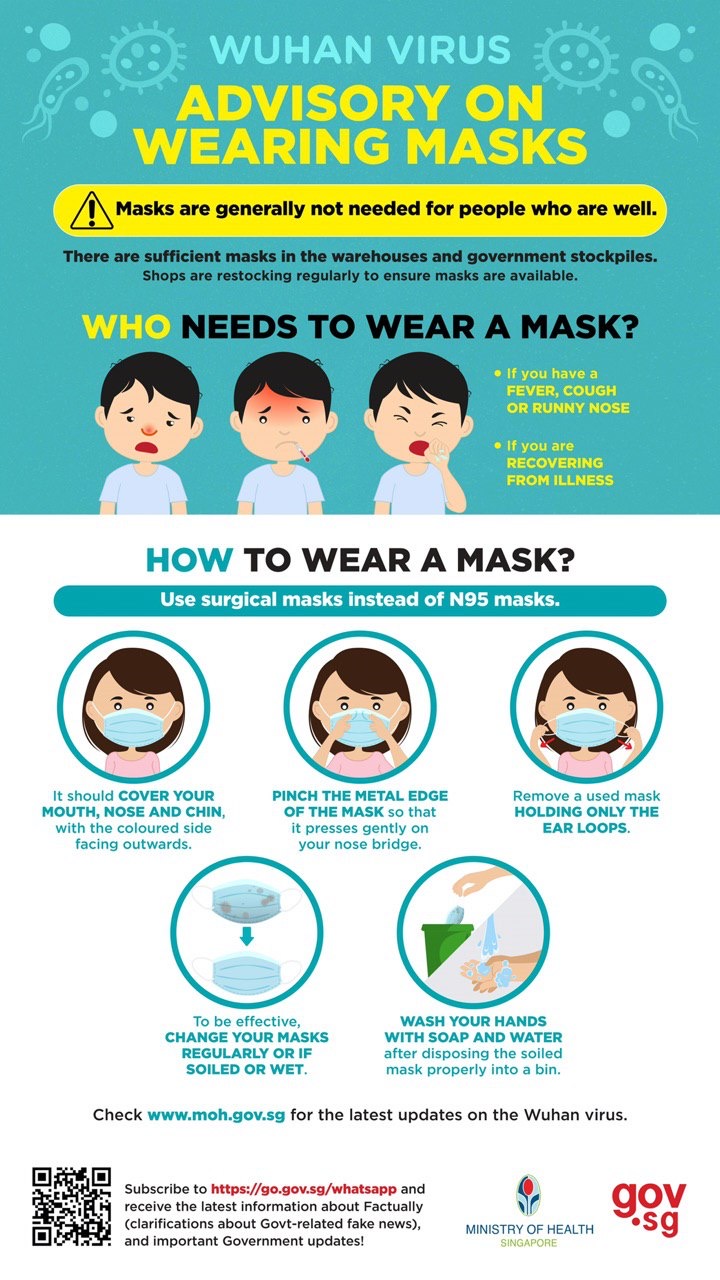
4. Why do healthcare professionals use N95 masks and don full personal protection equipment (PPE), including goggles, then?
In healthcare settings, healthcare workers are required to wear the personal protection equipment, including N95 and goggles, while attending to infected patients as they are in close contact with patients and their bodily fluids. As such, the PPE is needed to create a barrier between healthcare workers and the infectious agents from patients, and to reduce the risk of transmitting micro-organisms from healthcare workers to patient(s).
5. What are the symptoms of the pneumonia caused by Wuhan coronavirus?
The symptoms of the pneumonia caused by the Wuhan coronavirus are similar to that of regular pneumonia. Typical symptoms include fever, runny nose, sore throat, cough, and shortness of breath.
6. I would like to seek medical attention as I have a cough and runny nose and have recently travelled to the countries with confirmed cases of Wuhan coronavirus. Should I go to the GP or do I have to go to A&E?
If you have recently travelled overseas, and are feeling unwell with a fever, or respiratory symptoms (such as cough, runny nose), please seek medical attention promptly. Wear a mask and call the clinic ahead of your visit.
Healthcare practitioners have been informed and reminded to be vigilant for cases and how to manage them. All cases fulfilling the suspect case definition seen at various healthcare settings will be reported to MOH immediately and referred to hospitals for further assessment and treatment.
7. How long is the incubation period? If somebody travels to cities with confirmed cases, how many days of no-symptoms after the travel, will he/she then be considered clean and disease-free?
Data from early cases in China suggests that the incubation period is up to 14 days.
Therefore, travellers are advised to monitor their health closely for at least 2 weeks upon return to Singapore. You are advised to seek medical attention promptly if you feel unwell, and to also inform your doctor of your travel history.
8. What is the treatment for the Wuhan coronavirus?
Supportive treatment is provided based on the patient’s clinical condition. No specific treatment or anti-viral drug for the Wuhan coronavirus is currently available.
9. Is the disease deadly? How is this compared to SARS?
The situation is evolving and many characteristics of the virus and how it may affect people are still unclear. However, preliminary information suggests that the Wuhan coronavirus has the potential to cause severe disease and death, especially true among the elderly and those people with underlying health problems or compromised immune systems.
10. What is the current public health travel advisory?
As of 27 Jan 2020, MOH advises travellers to avoid travel to Hubei province in China, and to defer all non-essential travel to mainland China. (See infographic on Advisory on Wuhan Coronavirus below.)
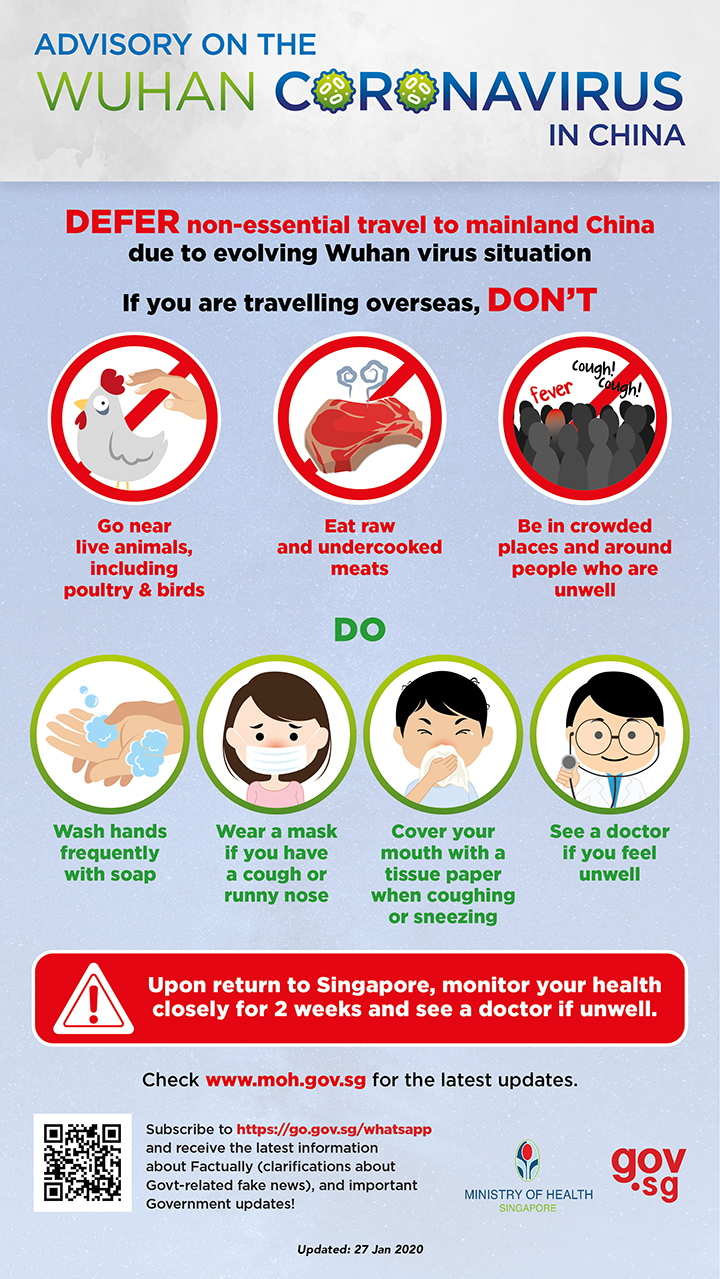
11. If I defer my travel to mainland China, will travel insurance cover my trip cancellation, postponement of flight tickets and hotels? How do I go about seeking refund?
You are advised to check with your respective travel insurance providers for information on coverage and compensation.
12. My classmates/students/children's teachers are travelling during the Chinese New Year long weekend. When they return, do they need to quarantine themselves?
The Ministry of Education (MOE) will be implementing a Leave of Absence (LOA) for 14 days for students and staff returning from Mainland China. This will apply to all MOE schools, which include MOE Kindergartens, primary and secondary schools, Special Education (SPED) schools, Junior Colleges and Millenia Institute, polytechnics and Institute of Technical Education (ITE). Teachers, students and their families should monitor their health closely and seek medical attention promptly if they feel unwell, and also inform their doctor of their travel history. If they have a fever or respiratory symptoms (e.g. cough, runny nose), they should wear a mask and call the clinic ahead of the visit. Please refer to the sector specific advisories for more details.
13. My colleagues/employees are travelling during the Chinese New Year long weekend. When they return, do they need to quarantine themselves?
All travellers are advised to avoid travel to Hubei province in China, and to defer all non-essential travel to mainland China. Travellers are also advised to monitor their health closely for at least 2 weeks upon return to Singapore. You are advised to seek medical attention promptly if you are feeling unwell, and to also inform your doctor of your travel history.
Employees should provide a health and travel declaration to their employers, on whether they have travelled to China recently. Employees who had been in China should check and monitor their health closely for 14 days upon returning to Singapore. Temperature checks should be made twice a day, and they should seek medical attention promptly if they feel unwell.
During the 14-day monitoring period, employers are encouraged to adopt flexible work arrangements, such as telecommuting and teleconferencing to allow the employees to work from home. If remote working is not possible, employers should support employees by discussing other leave arrangements. Please refer to the sector specific advisories for more details.
14. Some of the healthcare workers and preschool teachers are travelling during the Chinese New Year long weekend. When they return, do they need to quarantine themselves, since they are dealing with the more vulnerable population?
Employees who have close contact with vulnerable groups (in the preschool, healthcare and eldercare sectors) and have travelled to Mainland China will be required to take 14 days LOA. Preschool children returning from Mainland China should not attend preschool for 14 days from the date of their return to Singapore. All staff working in the healthcare sector and preschools should declare their travel plans and travel history to their organisations promptly.
All healthcare and preschool staff who have returned from Mainland China will be required to take a Leave of Absence (LOA) for 14 days upon their return. In addition, they should monitor their health closely and seek medical attention immediately if they feel unwell, and also inform their doctor of their travel history. Please refer to the sector specific advisories for more details.
15. How are the frontline workers, e.g., airline staff, healthcare workers, checkpoint staff, protected, to make sure that they do not get sick and spread the diseases?
Employees working in the various sectors would have received sector specific advisories, which include measures and precautionary measures that employees and employers can take. Please refer to the sector specific advisories for more details.
16. I suspect that I have been at the same place as the confirmed cases. What should I do?
Contact tracing will be conducted to identify close contacts of the confirmed cases. Close contacts are people who are within about 2m and spend a prolonged period of time, about 30minutes or more, with the individual. The health status of all close contacts will be closely monitored.
As a precautionary measure, they will be quarantined for 14 days from their last exposure to the patient. In addition, all other identified contacts who have a low risk of being infected will be under active surveillance, and will be contacted daily to monitor their health status. You will be contacted by Ministry of Health if you have been identified as a close contact.
Meanwhile, please remain vigilant and monitor your health. If you feel unwell, seek medical attention promptly. If you have a fever or respiratory symptoms (e.g. cough, runny nose), you should wear a mask and call the clinic ahead of the visit.
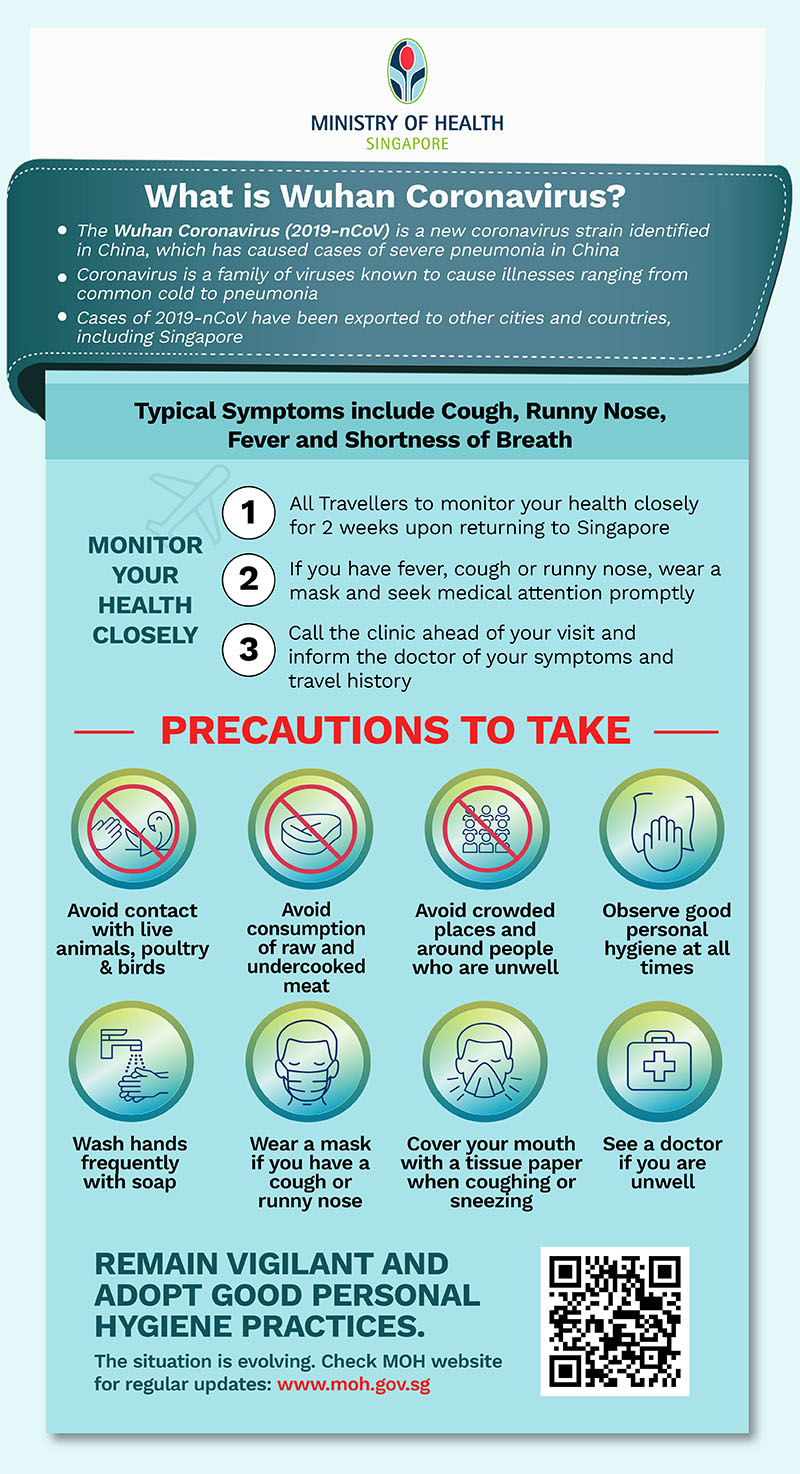
For the latest updates on Wonderwall.sg, be sure to follow us on Facebook and Instagram. If you have a story idea for us, email us at [email protected].







